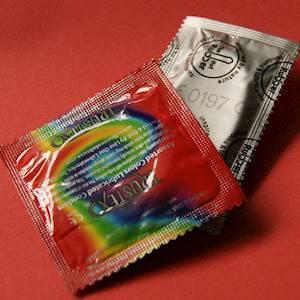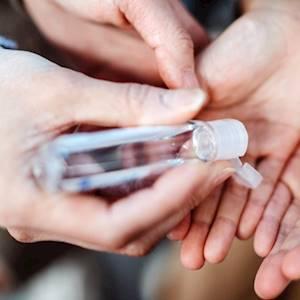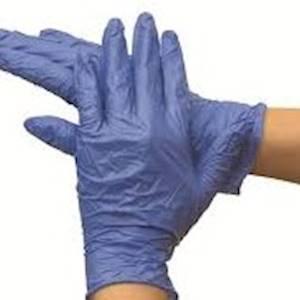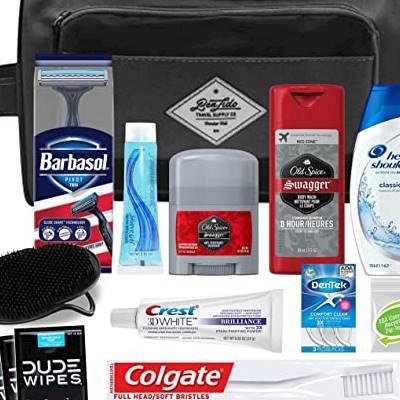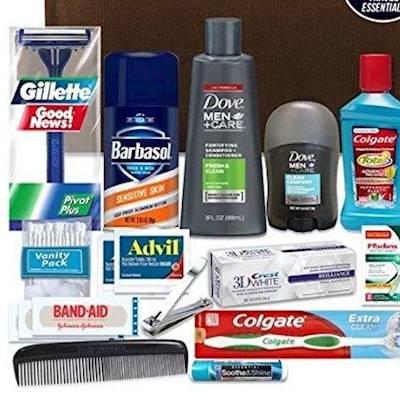Help Siyakholwa Support Care Centre by DONATE HAND SANITIZERS,CLEANING SOAP AND FOOD for TO REDUCE RISK OF INFECTION OF COVID-19
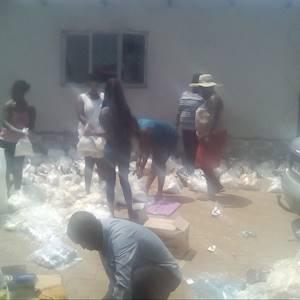
category
Hygiene items
sub-category
Cleaning supplies
How can you help?
Help Siyakholwa Support Care Centre by DONATE HAND SANITIZERS,CLEANING SOAP AND FOOD for TO REDUCE RISK OF INFECTION OF COVID-19
Here's a little more info about this opportunity...
SIYAKHOLWA SUPPORT CARE CENTRE PLANS TO ADDRESS THE THREAT BY: WE PROVIDE MOBILE HEALTH, HYGIENE AND TRAINING AWARENESS Name of Organisation: SIYAKHOLWA SUPPORT CARE CENTRE Title of Project: COVID_19 IMPROVEMENT Location – Region: Eastern Cape, Gauteng and KZN Areas of Focus: DISADVANTAGED COMMUNITIES District: National Communities: Sterkspruit Rural areas, Gauteng informal settlement, Farms, KZN areas Duration: Life Time (Through the year) Project started date: 06 March 2020 – Project Funding Support : Extending to other communities FINANCIAL DONATION REQUEST , STAFF VOLUNTEERS UNDER FUNDRAISING, MARKERTING AND INKIND DONATION The nature of interpersonal contact is key to transmissibility. They belong to a culture where they greet each other warmly, not only with a handshake, but also with a hug and kisses on the cheek and mouth. They also lived in a culture where people keep their distance from each other when they meet, greeting each other by bringing their hands together in front of their chest, with a gentle bow. One does not have to be a rocket scientist to guess which type of greeting would be, all other things being equal, more prone to transmission! The final component in the rate of transmission is the susceptibility (S) of the individual exposed to the virus. Are they an infant, a child, a pregnant woman, or an elderly person and chronic conditions? Do they have an existing health problem or a compromised immune system, or have they already had the viral infection and became immune as a result? There are two take-home messages from this short synopsis of epidemiology. First, we have no control over the duration (D) of infectivity –which still is the case with COVID-19. We have only limited control of the opportunity (O) for transmission given the ability of the virus to transmit before symptoms appear, undermining the effectiveness of case isolation. But there remains a lot that we could do to minimize the opportunity (O), transmissibility (T) and susceptibility (S). Finding the Index (or first) case and rapidly tracking and isolating their contacts are key to stopping the fire before it spreads. This requires serious preparedness. Case detection and diagnostic capacities to stop public health threats such COVID-19 before it spreads. Siyakholwa Support care Centre need major investment in training, health and hygiene capabilities and case management of the infected in properly equipped healthcare settings. Strengthening the preparedness and response capacity of SA is strengthening the capacity The second take-home message is that Siyakholwa Support care centre , can have a real impact in terms of changing attitudes and behaviors of people in disadvantaged communities. Siyakholwa Mobile Field Worker all know that need to wash our hands frequently and wear a mask if they are around others while infected. Equipping people with the essential information for behavioral change in times of a pandemic can in still a sense of communal responsibility for the global common good. Key behaviors include conscientious reporting and testing when the viral infection is suspected, voluntary social distancing and limiting unnecessary travel – with the added carbon footprint co-benefits, if I may add. We must also be grateful to overloaded and exhausted health workers grappling with surging caseloads by ensuring that we do not use their services unnecessarily, so they can focus on the symptomatic and severe cases , the very young, pregnant women, the elderly, and those with existing pre- conditions who remain the most vulnerable. All these require strong to-the-point public health messages on the four key components outlined above![] Artificial intelligence and mobile applications could potentially be harnessed for live monitoring of these four parameters to ease the burdens of surveillance, case detection, isolation, social distancing, and forecasting where efforts should be directed. A final word. Like all animate beings, viruses want to live and reproduce. They mutate and evolve to increase their virulence, odds of transmissibility and survival. At present, COVID-19 appears to have a similar or higher rate of reproduction compared to other coronaviruses such as SARS and MERS, but it appears to be less fatal, at least for now.[3] COVID-19 could become a seasonal occurrence like influenza, or in the worst scenario, a true pandemic. And the rising temperatures and humidity are bound to affect the transmission dynamics, most likely for the better.[4] Regardless, it is time for the global community to become truly global. We are all weakly prepared for pandemics if any SA is weak . We all are in the same boat and live under the same sky. Animals and humans! how to protect yourself from the new coronavirus, SIYAKHOLWA SUPPORT CARE CENTRE IS DISTRIBUTING THESE: - Hand sanitizer - Water purify in Rural Areas because they use water from rivers - Hygiene resources - Training and pamphlets: If your feel sick visit clinic then stay at home. Wash your hands with soap frequently Stay informed if sick keep yourself by drink 8 clean glass of water a day Avoid touching with unwashed hands Avoid close contact with infected people Cover your cough or sneeze with tissue once used throw away DISCLAIMER: Wherever possible, please arrange donations via courier or through a safe channel. Donating money is also a safe way to contribute. Please obey the lockdown as instituted by the South African Government.
Similar opportunities
Helpful tips
Stay safe
- 1. Don’t pass any personal information to people you haven’t met offline before.
- 2. When meeting one of your contacts offline for the first time, always be sure to arrange to meet in a public place.
- 3. Make sure that you are not left alone with someone that you have never met before.
- 4. Know where you’re going. If you’re headed off the beaten track or into an unfamiliar part of town, be sure you have directions and a GPS or map book.
- 5. If you feel unsafe, consult the person in charge and let him or her know.
- 6. Avoid wearing expensive jewellery: it could get damaged, lost or stolen.
- 7. Ask, ask, ask! If you’re worried about something or concerned about your safety in a certain situation, ask the person in charge.
